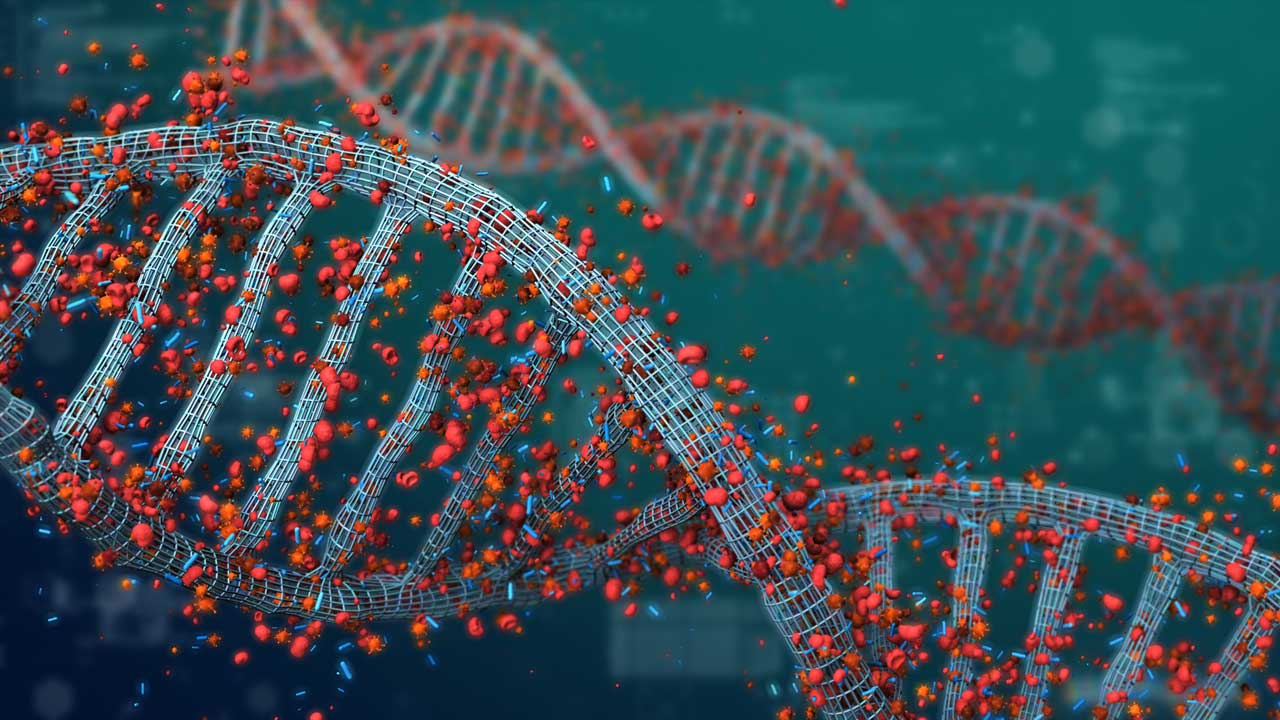
A hallmark of the BBC’s beloved Doctor Who series is the space and time-travelling blue police box known as the TARDIS, which is often described as ‘bigger on the inside.’
What if there were a chemistry technique that shared the same sentiment?
Allow me to introduce you to Continuous Flow Chemistry or CFC.
It may not travel through space and time, but CFC embodies a tiny contraption that can have an outsized, TARDIS-like impact on your chemical manufacturing.
It can be difficult for many of us to comprehend the size of reactors needed to mass produce chemicals of interest in both the pharmaceutical and specialty chemical industries. Those reactors start small on the laboratory bench but grow in gradations like the seed of a Redwood tree to the massive ones used in manufacturing. A chemist begins working with a few milligrams, then multiple grams, then kilograms and so on and so forth. As the scale of chemistry increases, so too does the reactor size; and with that comes all sorts of chemical and engineering challenges as not every reaction that works on a small scale will directly translate to large scale.
What if there were a way to skip all that optimization with increasing scale?
What if we could take a small-scale reaction and have those conditions work seamlessly on a large scale?
Continuous Flow Chemistry might be the answer.
CFC represents a rapidly growing field that Adesis has made significant investments in that may hold the key in easing the logistical and financial burden of taking a small-scale reaction to the manufacturing level.
CFC is defined by a continuous stream of reagents flowing through a flow reactor where the reaction takes place and results in the desired product. The reaction conditions in CFC are easily monitored and controlled, increasing reproducibility and making the entire process safer and more reliable. Despite the small size of the flow reactor where the reaction occurs, the only limitations become the size of the reagent reservoir and the final product collection flask making the possibilities offered by flow chemistry nearly limitless. This distinctive feature of CFC is what enables us to transfer small laboratory scale processes to larger manufacturing scale with relative ease.
Like the TARDIS, CFC may look like a small tool in a synthetic chemist’s toolbox, but it can pack a massive manufacturing punch!
Interested in learning more about Flow Chemistry? Check out this great review article from 2017, The Hitchhiker’s Guide to Flow Chemistry and reach out to Adesis to see if CFC is right for you.


